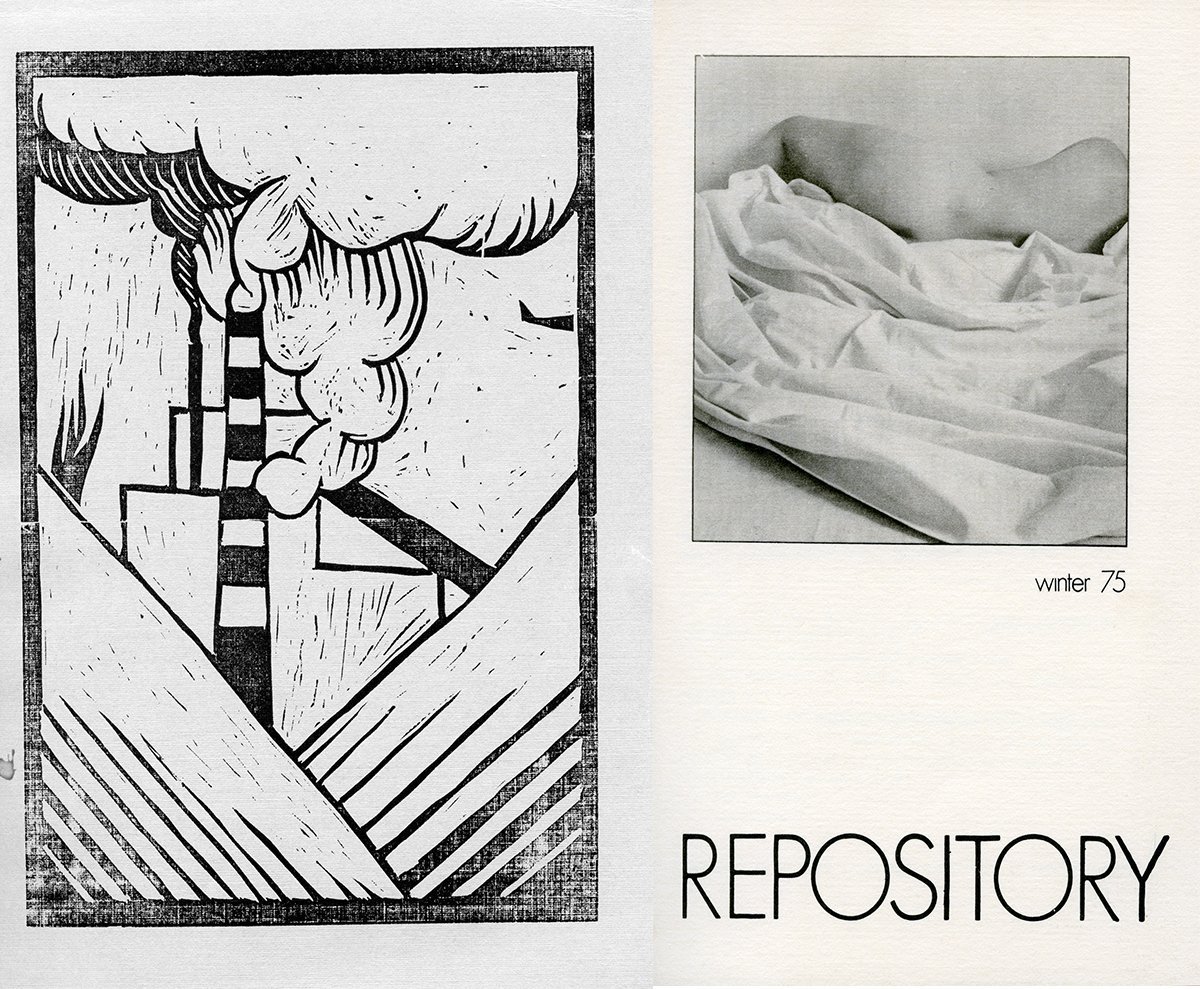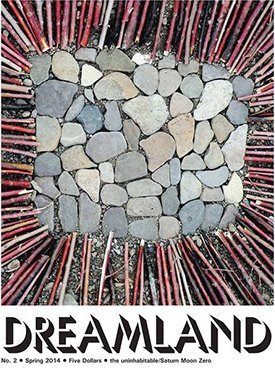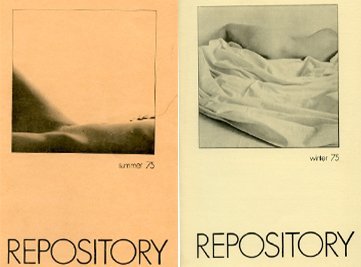
Spoken Word
The Spoken Word event at Cafe Voltaire on Thursday, April 19th was Emceed by Erin Bauman and was held mainly to showcase Christina Kinnie’s self published book, Walking through the Layrinth; A Memoir.
The selections Kinnie read dealt with women leaving difficult and often violent relationships, the guilt resulting from those relationships and the inculcated lack of self-confidence required to make a timely break for freedom. Kinnie also made reference to the help she received from friends and neighbours.
When Kinnie was eight and before she came to Canada, she entered and won the WH Smith Young Writers’ Competition in England. This inspired her and now, at age 40, she is still writing.
After Kinnie read, UNBC Professor Rob Budde talked about his satisfaction with the first issue of ThimbleBerry in which 18 women and four men were published. He said this was not by plan, but according to how contributions came in. The present publication has 17 women and seven men. I’m not certain what Budde is implying by comparing the male to female contributors. He made no reference to why this would be a point of interest.Budde claimed the magazine could be viewed as a literary restaurant where people come in looking for friends and good conversation.

The magazine wants to add to the rich cultural life in B.C.,” he said. “Until now this region didn’t have an art and cultural magazine. But with ThimbleBerry we take care of everybody. We’ve struck a balance among regions.”
Budde’s statement is correct in a way. So far as I know, Prince George has never had a magazine that features the fine arts along with literature. But Prince George has had plenty of literary magazines, featuring short prose and poetry and in most cases visual cover art.

Immediately previous to Thimbleberry was Dreamland, published and edited by Jeremy Stewart, Budde himself and Carly Stewart. I’ve seen at least five issues (roughly the first two years) and I am not sure if the magazine is continuing since Stewart left town last year. The magazine featured a good mix of prose and poetry by well-known locals like Josh Massey, Andrew Burton, Ruth Daniell and the editors themselves.
Going back more or less to the beginnings, the longest running local literary magazine was issued from about 1971 – 1981 by John Harris, now retired CNC English instructor. This was Repository Magazine, at various times edited with Harris by local poet/graphic artist Harvey Chometsky, Bob Atkinson (who brought the magazine from Alberta) and Margaret Cameron (a PGSS English teacher.) Repository issues came out like clock work four times a year, and are available to everyone in the university and college libraries.
Repository Magazine, funded for most of its life by the Canada Council, published not only local writers and students, but people from across Canada such as the famous poet, Earle Birney who appears on many university undergraduate reading lists today. Other artists who wanted their names in Repository included established writers such as W P Kinsella and Brian Fawcett. Fawcett has written more recognized pieces that make Prince George an interesting place than any other local writer. Repository published experimental writer Meryl Duprey who wrote poems so the middle words of the lines rhymed. There was also Pat Lane and Barry McKinnon who were both given Honorary Degrees from the local university. Others included Theresa Kishkan, author of 13 books of poetry and numerous fiction novels, one of which was short listed for the BC Book prize. Internationally appreciated visual artists included the likes of Pierre Coupey, Art Nishimura (cover art over some dozen issues) and Bruce Baycroft. Sid Marty, Barb Monk, John Pass, George Stanley, and Andrew Suknaski were all there beside students and local wannabes. The list goes on to include over 200 poets, short story writers and visual artists.

Budde also talked about the annual publication of ThimbleBerry, candidly revealing that contributions came from as far away as Prince Rupert and that, “It’s a challenge to get some people to submit. We’re also looking for advertisers.”
Considering the expensive glossy pages and high-end artwork included in ThimbleBerry, it is a wonder Budde isn’t flooded with famous writers and rich advertisers. The magazine is attractive, making use of the latest in graphic media design. What dams the flood of contribution may be the magazine’s yearly publication but I am certain it will soon draw the attention of more established writers.
After talking about the magazine, some of the contributors read, starting with Budde himself, who recited two of his own poems. “Stumblers like Ourselves,” he said, was inspired by a poem by Adrienne Rich. “Continuous Writing” was based on an epigraph from west-coast renaissance poet Robert Duncan (1919-1988,) which was quoted by the late Robin Blaser (prominent SFU poet,) in one of his books, and derived in part from the beliefs of the Black Mountain poets in the U.S.
Joanna Smythe was the next to read, and she was followed by Bauman, whose poem, “Time to Stand Up” is about the pipeline protests at Standing Rock in North Dakota. Bauman’s second poem was “Buying In,” which is about various tricks countries use to persuade people to buy into consumerism that eventually entangles them and drastically reduces their freedoms.
Cari, a student of English literature at the UNBC, read three of her poems: “Dover,” “Inga from Odessa,” and “Another Wednesday night.”
Bauman, after asking if anyone else wished to present, closed the event with her satirical poem about the smoking habit, “Love Affair with a Cigarette.”
The Spoken Word event began shortly after 7 p.m. in Cafe Voltaire, and, attended by about 25 people, continued until 8:30 Thursday evening.